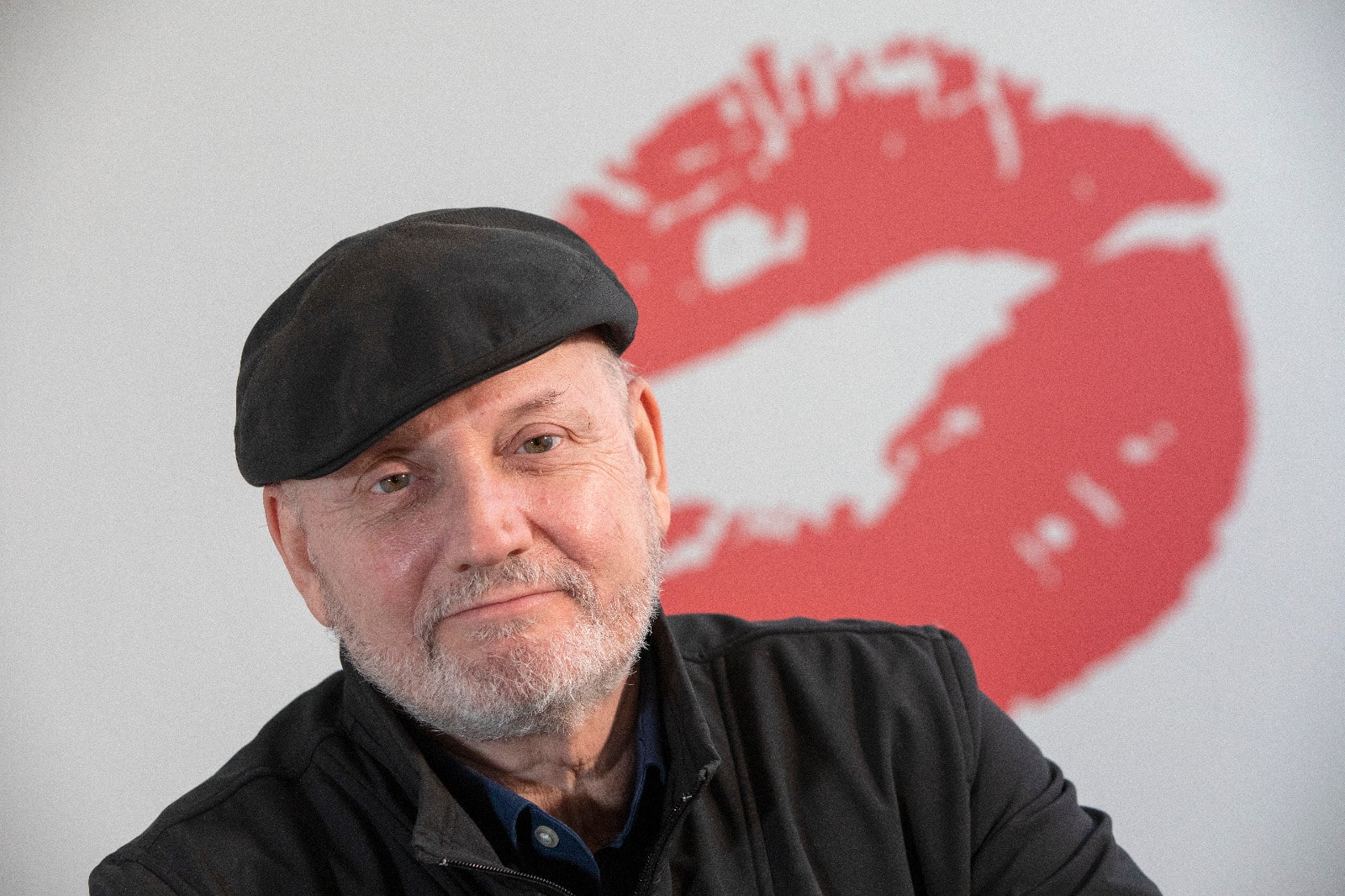Argentine filmmaker Juan José Campanella has a “second home” at Seminci: since he visited it for the first time in 1991 with The Boy Who Cried Bitch, which earned its protagonist, Harley Cross, the Best Actor award he has visited the festival five more times with some of the most important titles of his filmography: The Same Love, the Same Rain, Avellandeda’s Moon, Son of the Bride or The Weasels’ Tale, his latest work.
“This honorary award is not a closing, I hope it is not, but a fine ending to the play’s first act,” he said during his encounter with the media, where he highlighted the emotion aroused by the award, a “validation” that comes at a time of transition like the present one in which everything, including cinema, is changing.
In this context, Campanella recalled his close relationship with Valladolid, a city where he always feels welcome and where he has made great friends like Gerardo Herrero, Aitana Sánchez Gijón or former director of Seminci Juan Carlos Frugone. “It is the festival that I’ve visited most times: I started with my first film and practically all of them have screened here”, he said with satisfaction at the outset of this 66th edition which will also will host the screening of The Weasel’s Tale, a project in which he began to work in 1997 and which has become his “golden dream”: a film that seeks to pay tribute to cinema and those who make it.
“It is a real chocolate treat”, he claimed in relation to this film after lingering in his speech on The Secret in Their Eyes, a feature film that earned him the Oscar for Best Foreign Film, a “very iconic” recognition with which all directors fantasize presented in the course of a ceremony that he described as “a TV television show.”
Campanella expressed his puzzlement at the more recent changes in the world of cinema, these days largely transferred to media service platforms and subjected to continuous changes. “Who knows what shape our storytelling career will take from now on?” asked the director, who regretted that audiences are being lost in movie theatres when one of the “most beautiful” things is, precisely, to see the viewers’ faces and their reactions.
By contrast with the situation in cinema, stage theatre still preserves many of the things that cinema has lost, such as the presence of audiences and a special “soul” of its own: “In the cinema you see the performance of actors. In the theatre you can see the soul of the actors. His love for this discipline, in which he debuted at the age of 22, will guide the “second act” of his history, the one that will follow from this Honorary Spike, he announced before explaining that he is now involved in the rehabilitation of a 700-seat theatre in downtown Buenos Aires that will be renamed Politeama.
Humor, like family ties , whether blood or not, is another of the “basics” in his stories, and the fact that he always relies on humour comes out naturally with him, as for example happened with the first script for The Secret in Their Eyes, which was a comedy. “I am very much bothered by this wave of political correctness,” he asserted in relation to the limitations that some sectors want to impose on humour, something which is unacceptable for Campanella, for whom humour “is better and fulfills a more important role when it deals with stronger and more dramatic issues.”
Among the dreams he has been able to fulfill in his lifetime, the Argentine filmmakers mentions his family, which is what makes him happiest, even more than his career. “I have been very lucky in life,” he confessed. Campanella, who will receive the Spike of Honour this year along with Vittorio Storaro, Mercedes Sampietro, Álex de la Iglesia, José Luis Alcaide, Jose Coronado and Emilio Gutiérrez Caba, will present his film The Weasels’ Tale on Sunday 24 , 4:30 p.m. at Broadway and The Secret in Their Eyes on Friday 29 at 7:00 p.m. in the same venue.



























![Logo Foro Cultural de Austria Madrid[1]](https://www.seminci.com/wp-content/uploads/2024/09/Logo-Foro-Cultural-de-Austria-Madrid1-300x76.jpg)








